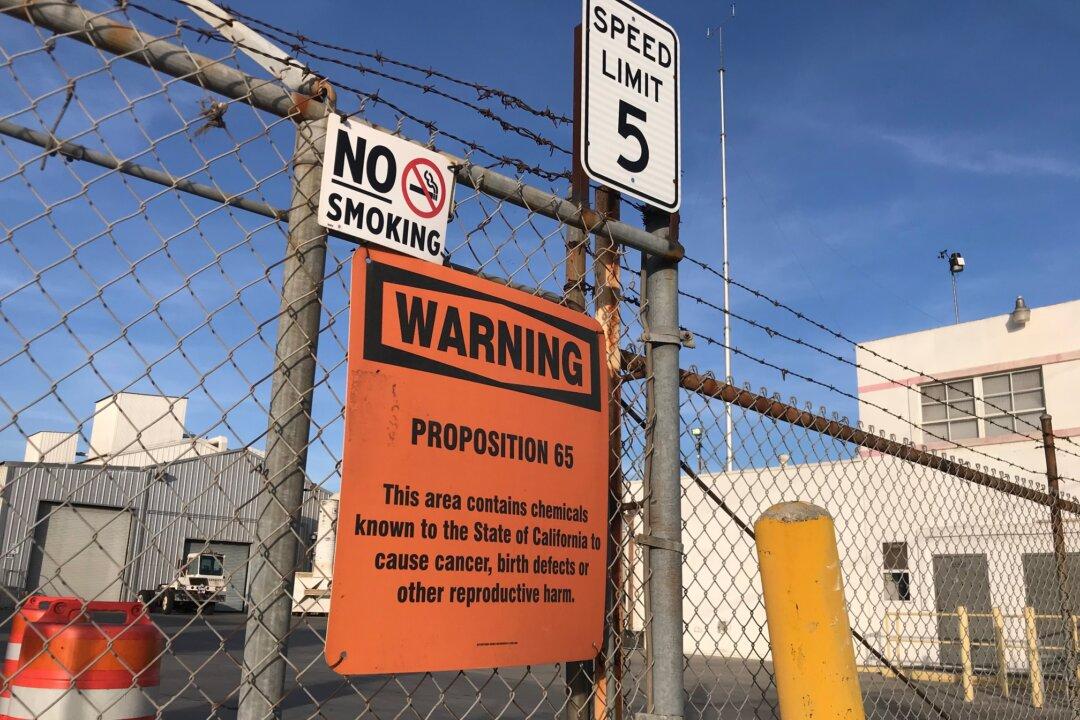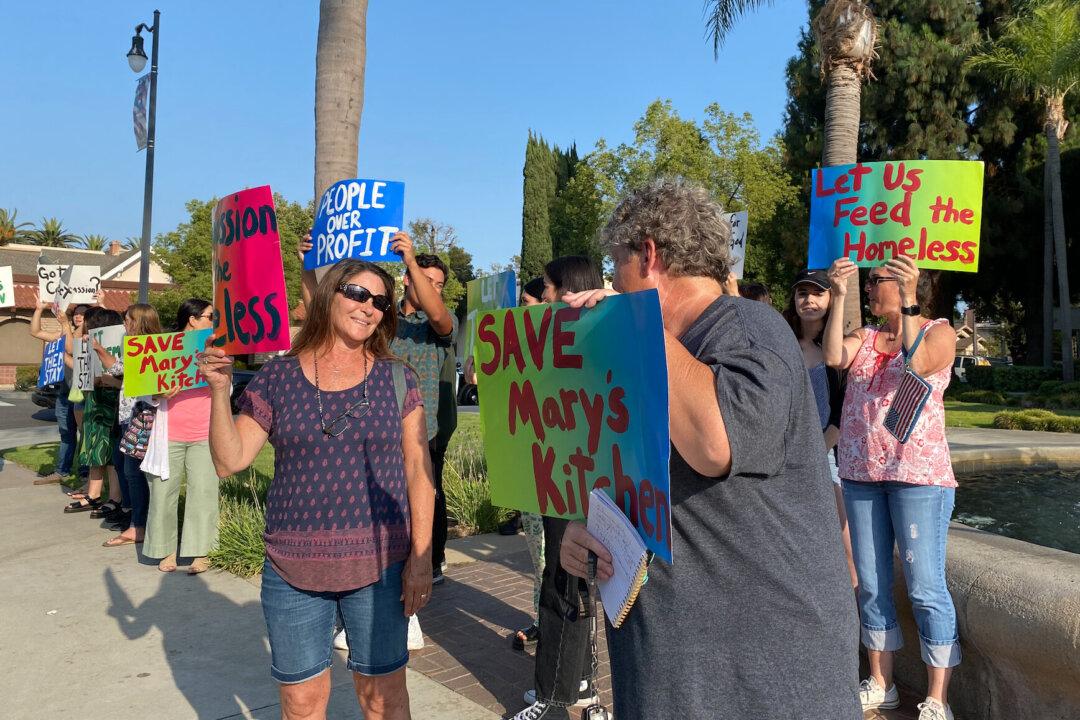State lawmakers from Los Angeles have introduced a bill that would provide over $540 million additional funding to continue the largest toxic cleanup in California.
Assembly Bill 1024 (AB 1024) would fund the ongoing clean up of up to 10,000 homes polluted by the closed Exide Technologies battery facility in the city of Vernon, south of downtown L.A. Residents in the area say they continue to suffer the ill effects of dangerous amounts of lead, arsenic, and other toxic chemicals released into the soil by the company’s recycling plant over the decades.





